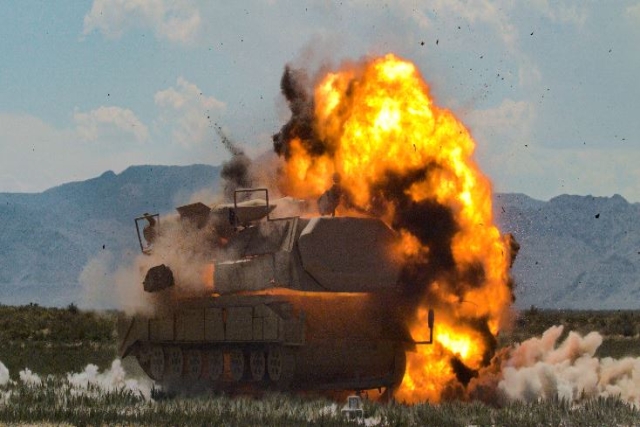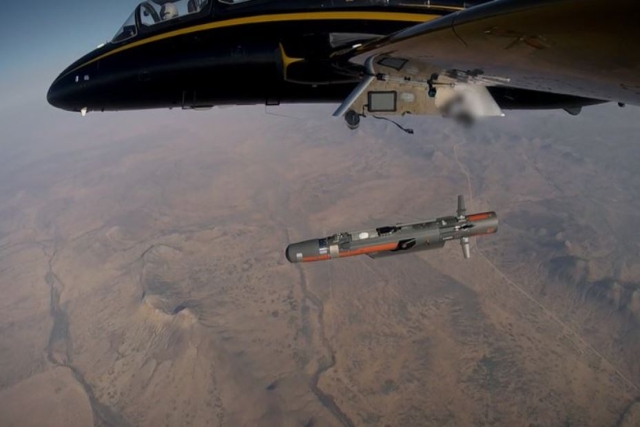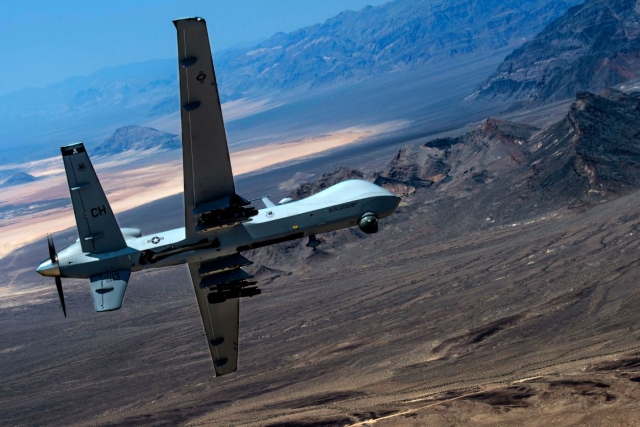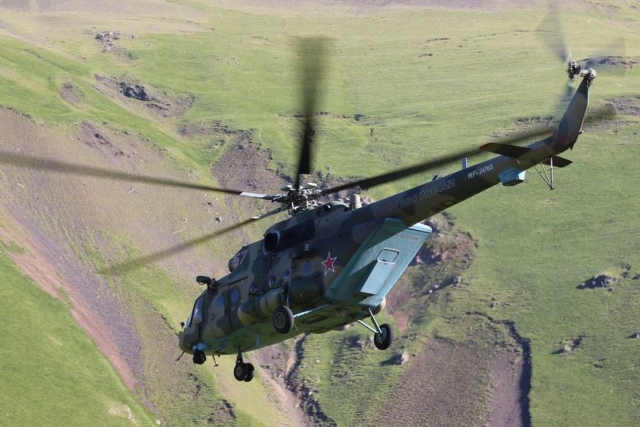U.S. DoD Awards Contract to Anduril Industries for Launched Effects Technology Development
Project to Focus on Multi-Mission ALTIUS Platform Capable of Ground, Air, and Sea Launch with Completion Targeted for 2029
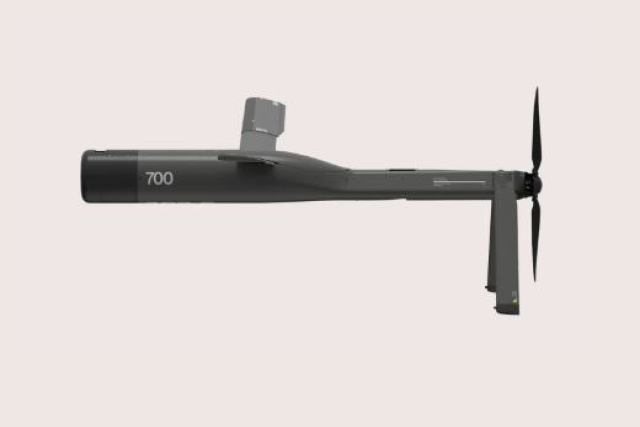
Anduril Industries has been awarded a $9 million contract by the U.S. Department of Defense to develop and demonstrate launched effects technology utilizing the Agile-Launched, Tactically Integrated Unmanned System (ALTIUS).
The project is expected to be completed by September 16, 2029.
Anduril’s ALTIUS platform is designed to be launched from ground, air, or sea and can perform a wide range of missions. These missions include standoff Intelligence, Surveillance, Reconnaissance, and Targeting (ISR&T), kinetic engagement, radio frequency (RF) decoy, signals intelligence (SIGINT), communications relay, and cyber warfare operations.
This announcement follows a series of developments in the U.S. Army’s exploration of launched effects technology, particularly involving Anduril’s Air-Launched, Tube-Integrated Unmanned System (ALTIUS) 700. In January 2024, the Army indicated plans for a rapid fielding decision in 2025 for a prototype based on the ALTIUS 700 design. Army officials, including those from the U.S. Army Special Operations Aviation Command (USASOAC), have been evaluating ways to integrate these launched effect capabilities, which involve deploying small drones from other platforms mid-flight.
In December 2023, the Army conducted a test flight of the ALTIUS 700 prototype from a UH-60 Black Hawk helicopter. This flight, described by the Army as a "risk reduction" event, provided valuable data on the system’s performance, covering all operational phases such as launch, flight, landing, and recovery. Anduril Industries supplies the ALTIUS 700 air vehicle, while Collins Aerospace provides the mission system, Aurora Flight Sciences acts as the integrator, and two other companies are responsible for payloads.
The Army is planning further test flights in 2024, focusing on a fully integrated version of the launched effects system, which will include the payloads and mission systems controlled by scalable interface software. If these tests proceed successfully, the Army will conduct a final operational test to guide a rapid fielding decision in fiscal year 2025.
The Army has stated that launched effects will provide critical capabilities in large-scale combat operations by enabling advanced collaboration between crewed and uncrewed systems. These systems will enhance commanders' ability to detect, identify, locate, and target threats in contested environments.
The ALTIUS 700 has been central to recent efforts, but the Army has also tested the smaller ALTIUS 600 and is exploring new designs and payload configurations. The Army’s interest includes short-range systems capable of launching from ground and air platforms, with the flexibility to accommodate various payloads, including electro-optical/infrared, kinetic kill, communications relay, and RF decoy systems.
